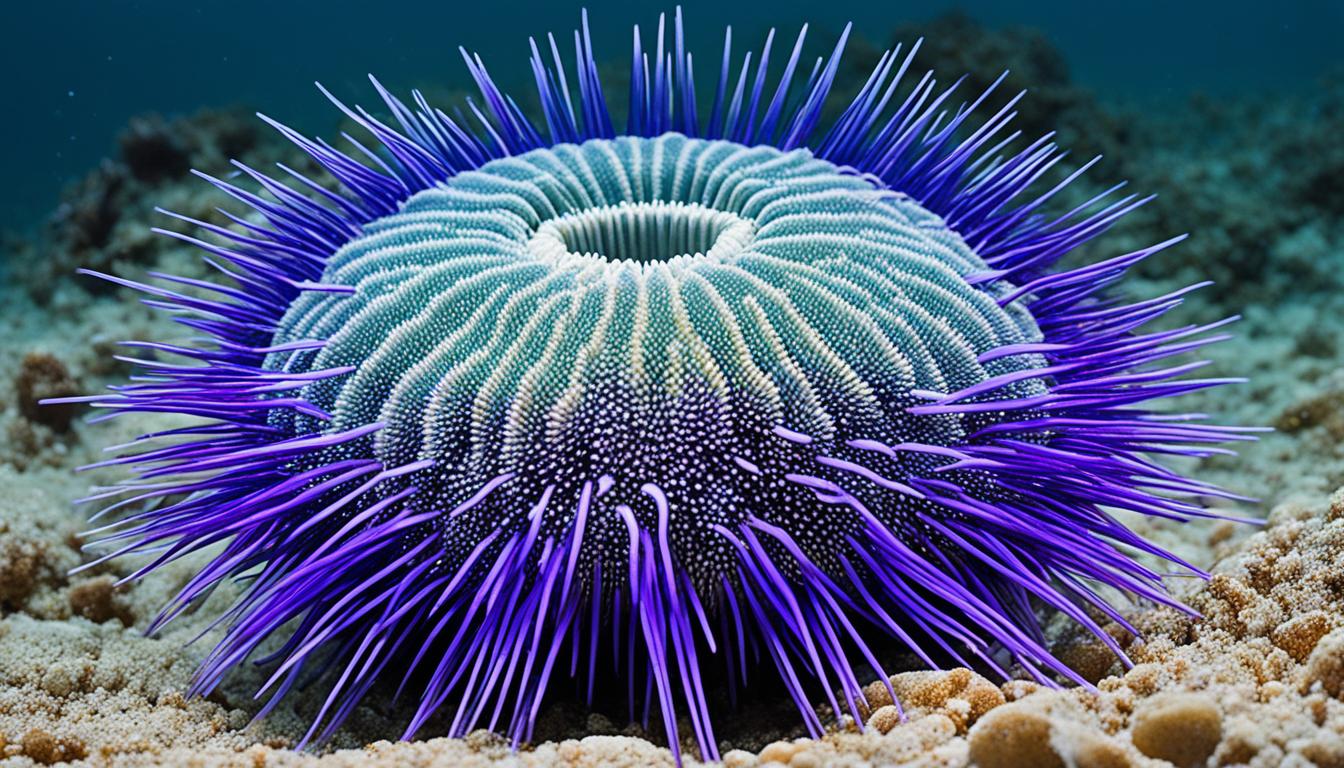Yes, Bears have what can be considered night vision. Bears – like many nocturnal animals – have a tapetum lucidum in the back of their eyes. This special membrane helps them see in the dark, like night vision.
How Does The Tapetum Lucidum Work?

This layer of tissue in the back of the eye of many vertebrates is like an inner torch. Meaning ‘bright tapestry’, its name refers to the bright colors and patterns it forms in the back of the eye depending on the species. In some animals it is a divine iridescent blue; in others including bears, it is emerald green and gold.
This special tissue is called a ‘retroreflector’ and means that it is able to return light shining into the eye back out the same way. This increases the visibility of what can be seen and what is registered by the brain. Effectively, it is doubling the light available to create an image: the tapetum lucidum can help animals see in the dark, like night vision.
Where a human would see almost nothing, a bear can avoid walking into trees and find food.
What Can Bears See In The Dark?
They won’t be able to register the same bright and varied colors that they can see in daylight – but the images they can create are clear enough for night-time navigation through their habitat.
They will need to make sure they aren’t walking into trees, ditches, fences, and other obstructions – especially as they can’t smell these things so easily. Bears can follow the scent of food – or another bear – as a general direction – but will need their eyesight for the finer details.
Just like humans at night – the longer you are out in the dark – the better your night vision becomes – but switch a light on then off and you are blind again. As bears don’t have indoor lights and torches, they are doubly effective at seeing well in the dark from the off. On a pitch-black night – they beat us paws down.
They can tell if anyone else is out there too – bear or human – as they are particularly sensitive to movement at night. Although they might not be able to see things in bright oranges and yellows – they can catch sight of something moving very easily. Ever watchful of predators!
What Do Bears Do In The Dark?

Why would a bear even be out at night – can’t they find all the food they need during the day? Well, they often do – however – being disturbed, being hungry, or looking for love may take them on a different journey.
Bears seem to do just as well foraging during the night as during the day. Often in areas of high human density – they prefer to come out only at night so they aren’t annoyed by all those people! Snoozing during the day, they then have all their energy for raiding bins and tents at night!
In the autumn – when they need to build up fat reserves for hibernation and pregnancy for the ladies – they can’t fit in all the calories they need during their normal feeding hours. Where they used to snack on honey or berries here and there before – now they need to act like a machine. Feeding for up to 20 hours a day is essential for many bears in colder areas – and in autumn of course the days are already shorter – so they have to spend more time out feeding at night.
Good job they have their night vision then?
Do Bears Attack At Night?
Statistically, more bear attacks happen during the day – but this may skew the results of course.
There are usually more people around during the day, so people are more likely to stumble into the path of a bear. And stumbling into a bear is the thing most likely to cause a bear attack. This, therefore, increases the number of daytime attacks disproportionally based on human, not bear, activity.
Article: Do Bears Attack/Eat Humans?
Bears attack people at night still – but there are fewer people wandering out in the woods at night – so overall fewer attacks occur. Even though bears can see so much better than humans at night – they are not any more likely to attack at night. And if they are in a predatory mood – it won’t make any difference what time of day it is, unfortunately.
Always read up on what to do if a bear attacks you – and general bear awareness when out walking. It could save your life day or night.










